
The reasons why some dogs eat feces are not entirely known, but we understand how frustrating it can be for dog owners. If you find that your pup is often eating poop, don't fret: Coprophagia, or the act of eating feces, is relatively common in dogs. It's also treatable in several ways, such as keeping your yard free of dog droppings and understanding why your dog is doing this in the first place.
The reasons why some dogs eat feces are not entirely known, but there are a few theories. Dogs may eat stool for reasons like instinct, hunger, stress, or illness.
Mother dogs instinctively lick their pups clean, which includes ingesting the puppies' feces. This normal maternal behavior keeps the pups and their environment clean. Many puppies will begin to eat feces at a young age. Some pups grow out of this normal behavior while others continue this into adulthood.
Eating the feces of other species is also considered natural behavior. If you have a cat, you may notice that your dog cannot stay away from the litter box. Most dogs love the taste of cat poop. Perhaps this is because of the high-protein diets of cats.
A dog suffering from starvation or severe malnutrition might eat anything it can find. Some dogs, though well-nourished, are hungry all the time (this may be a sign of illness or simply the personality of the dog). Many dogs are completely obsessed with food and will ingest anything that tastes good to them.
Unfortunately, many dogs seem to like the taste of feces. Some people believe that dogs eat feces when they are lacking something in their diets. Most veterinarians say that this is actually not the cause of coprophagia.
A dog in fear or under a great deal of stress may eat his own stool. In some cases, this could be a kind of self-soothing mechanism. However, if a dog is punished for inappropriate defecation or other action related to feces, he may associate the punishment with the presence of feces. By eating the feces, he is removing the "evidence" to avoid punishment.
Certain diseases and illnesses can cause a dog to eat feces. A symptom of some diseases is increased appetite or ingestion of inappropriate items (called pica). An illness that changes the consistency or smell of the stool might encourage a dog to eat his own stool. The sudden onset of coprophagia calls for a veterinary exam.
Some dogs with dementia and other brain diseases have been known to start eating stool. This may be due to the confusion and disorientation caused by the disease.
It generally poses little danger for a dog to eat his own stool. However, bacteria and parasites from that stool can possibly be transmitted to the dog and therefore to humans and other animals through contact with the dog's mouth, saliva, or feces. If you are unable to keep your dog from eating feces, be sure to wash your hands thoroughly if you are in contact with your dog's mouth/saliva.
When a dog eats the feces of another animal (especially another dog or a cat), he is at risk for ingesting the eggs of intestinal parasites and potentially harmful bacteria that can easily lead to illness. A dog that is known to eat the feces of other animals should have frequent fecal analyses by a veterinarian.
Perhaps the worst effect of a dog eating poop is the foul breath you have to smell. Home dental care can help the breath, but it's best to prevent stool-eating altogether.
Once you have ruled out medical problems as a cause for the coprophagia, you are left with addressing the behavior. Because stool-eating is considered a self-rewarding behavior, it can be difficult to reverse.
First, make sure your yard is kept free of animal waste. Pick up your dog's stool as soon as possible after defecation. Be on high alert if your dog tends to eat his own feces during or immediately after defecation. Keep your dog on the leash when defecating. If his attention goes to the feces, immediately turn his attention to you (try teaching the "look" command). Reward him for paying attention to you with a tasty treat, then immediately pick up the feces and discard it. Another helpful command to use at this time is to say, "Leave it."
One more method to prevent coprophagia is to add something to your dog's diet that makes the stool taste bad to the dog. These products will not work for all dogs, but they will generally not harm your dog to try (as long as your dog is not allergic to any of the ingredients). Be sure to choose a product that is labeled for dogs, such as "For-Bid" or "Deter." Ask your veterinarian about the safest and most effective products to prevent poop-eating dogs.
No, this is a myth. Feeding dogs pineapple does not make them stop eating poop.
Well, frankly, because it's there. Dogs like to eat poop, they are especially interested in poop that comes from other animals, like rabbits, because it has an unfamiliar aroma.
Your dog eats cat poop because it has a strong and unfamiliar smell.

Cute Pictures & Facts About Calico Cats & Kittens
Learn fascinating facts about calico cats, including photos, the genetics behind this color combination, and common folklore and traditions.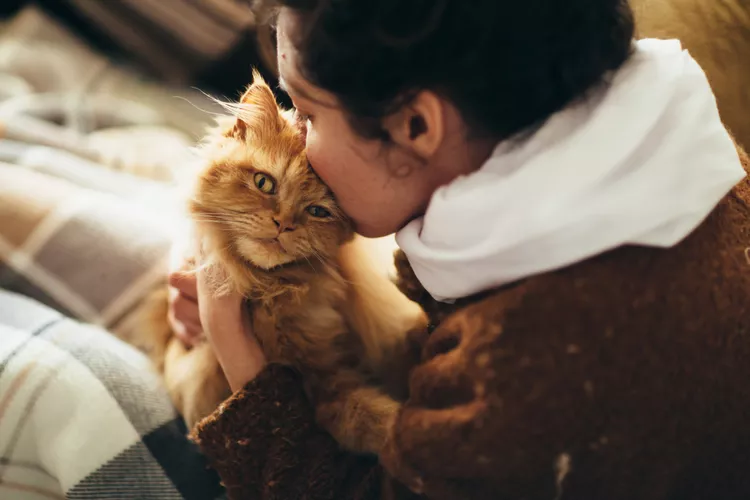
How to Prevent Cat Separation Anxiety During Vacations
Discover why cats develop litter box problems and cat behavior problems when you go on vacation and what you can do about it to help them.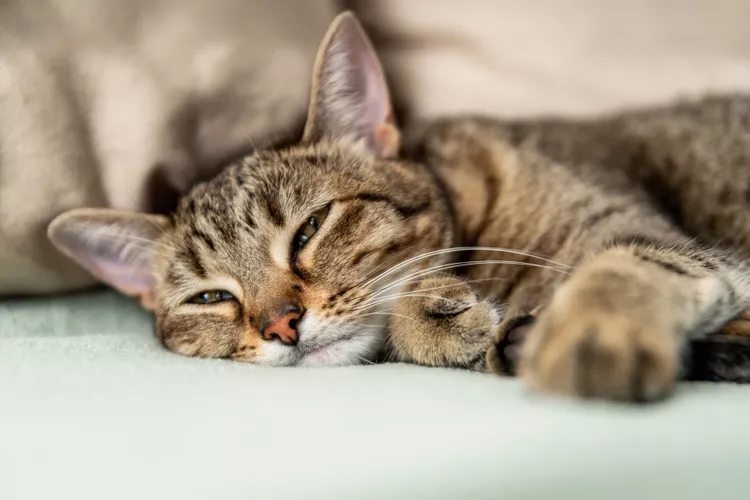
Cat Behavior Changes That Might Mean Something's Wrong
Cats' behavioral changes may indicate problems—or they may mean nothing at all. Explore causes of odd behavior and what to do about them.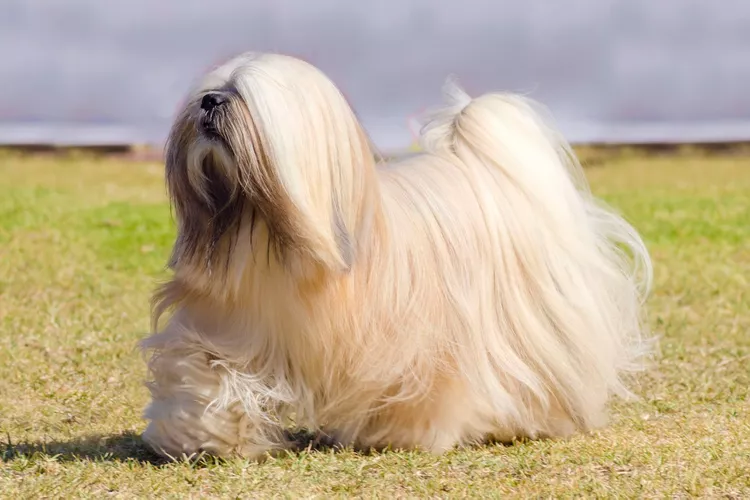
Lhasa Apso: Dog Breed Characteristics & Care
The Lhasa apso is an ancient breed from Tibet that was bred to be a watchdog. Learn about its history, health, exercise needs, and more.
Reasons Why Dogs Run Away and How to Stop It
Dogs can escape, especially if they’re bored and not properly contained. Here are some techniques for stopping your dog from running away.
Can Dogs Get Depression? How to Help Your Sad Dog
Can dogs get depression? Learn about the signs of depression in dogs and find out how to help your sad dog.
How to Stop Aggression in Dogs
Dog aggression can be a serious behavior issue for pet owners. Learn how to stop aggression in dogs before someone gets hurt.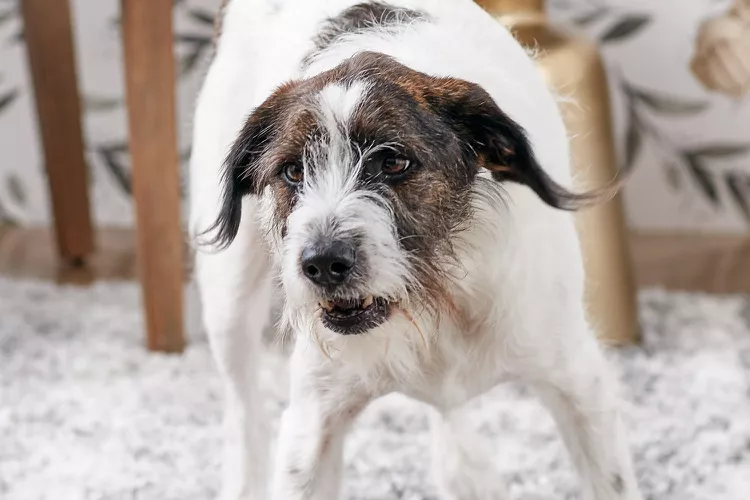
How to Stop Your Dog From Growling
A growling dog can soon become even more aggressive. Reduce the noise and potential for a dangerous situation with some of these techniques.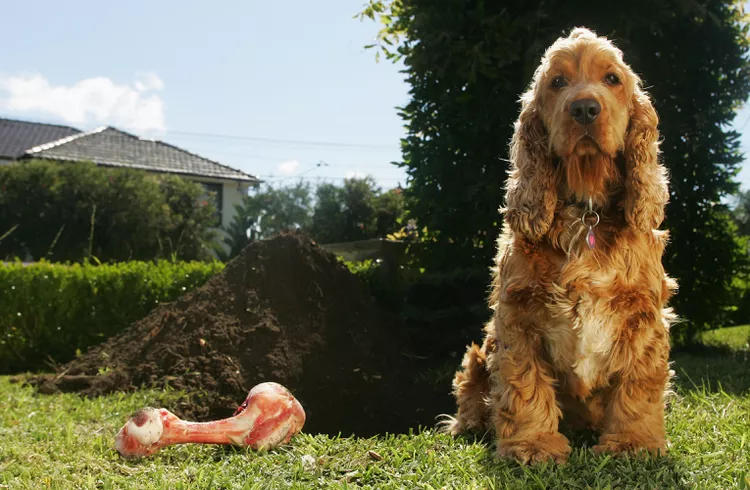
Why Do Dogs Dig Holes? How to Stop Your Dog from Relandscaping Your Yard
Dogs have been digging holes for centuries and for many reasons. Whether they’re bored or want to cool off in the dirt, here are the top reasons why dogs dig holes.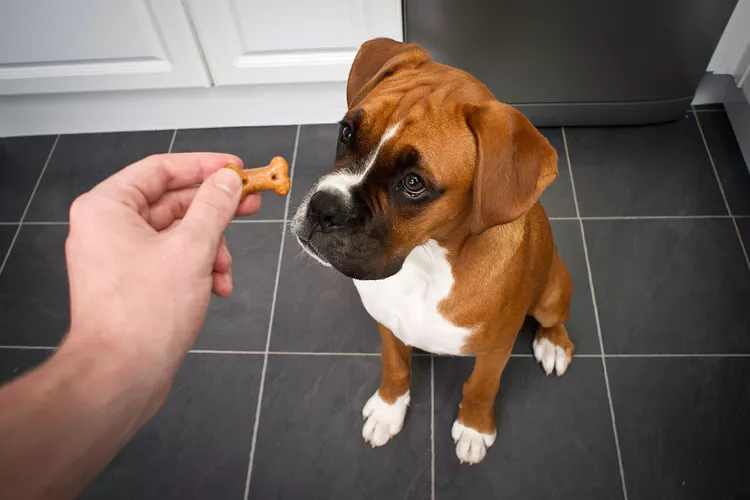
Dog Treat Varieties
Learn about the different types of dog treats on the market and decide which are best for your dog.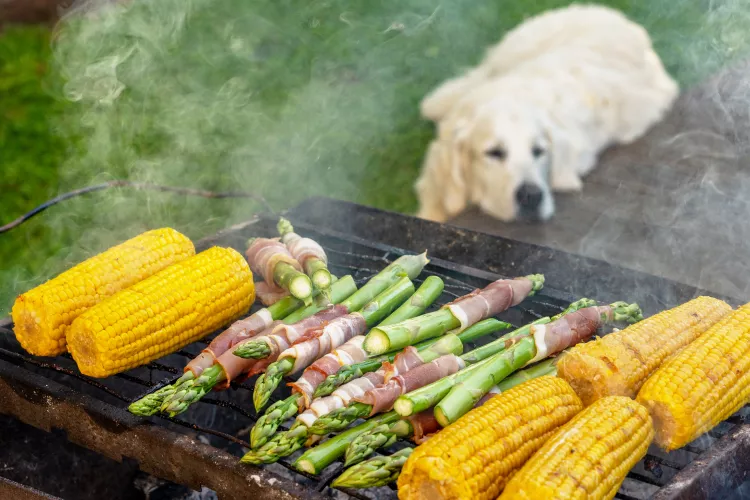
Can Dogs Eat Asparagus?
Dogs can eat asparagus, provided the vegetable is cooked plain and cut up for them. Seasonings, salt, and butter make it unhealthy for dogs.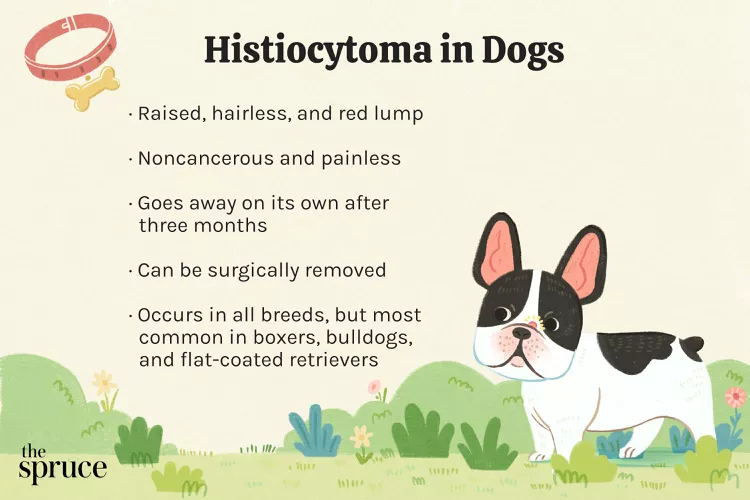
Histiocytomas in Dogs
A histiocytoma is a type of benign (non-cancerous) skin lump that usually affects young dogs. Learn the causes, treatment, and prevention.
Why Is My Dog’s Eye Swollen?
If your dog's eye is swollen, she may need veterinary attention. The inflammation could be caused by allergies, an injury, or even a tumor.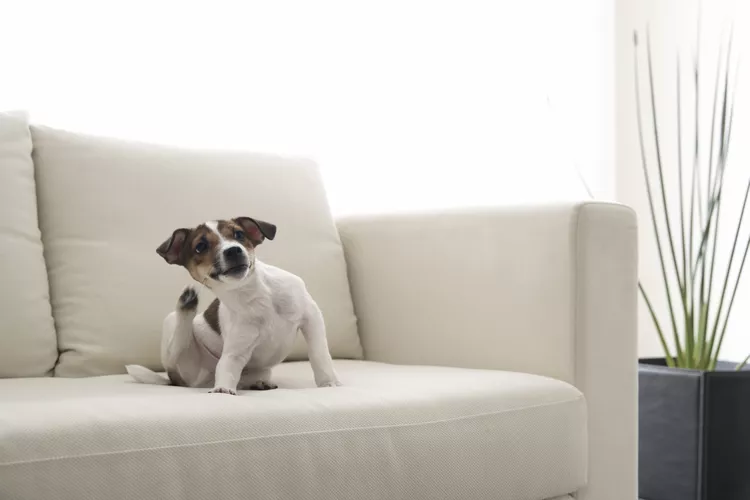
Common Bugs and Parasites Found on and Inside Dogs
Learn about common types of parasites in dogs. Find out how to treat and prevent parasites to keep your dog, your family, and yourself safe.
Exploring the Different Types of Pet-Friendly Beaches
Are you looking for pet-friendly beaches? Learn about the different types of pet-friendly beaches, their locations, and tips for visiting them with your pet.
10 Obscure, Little-known Canine Facts in Honor of National Dog Day
With National Dog Day upon us, it's time to celebrate everything about our favorite pets—even the weirder stuff. Here are 10 obscure facts about dogs you probably didn't know.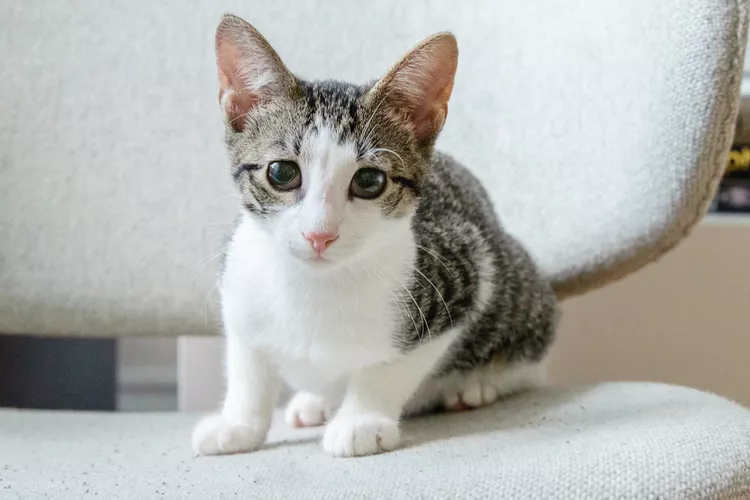
Kitten Development From 3 to 6 Months Old
Kittens grow and change a lot during their first year. Find out what happens between the ages of three months and six months old.
95 Siamese Cat Names
Our list of Siamese cat names has diverse and fun options to help you choose the ideal moniker for your elegant and lovable feline companion.
What to Buy for Your New Cat: A List of Essentials
Before you bring your new cat or kitten home, there are a number of things to collect or buy so your cat will feel welcomed like a family member.
The 6 Best Cat Nail Clippers of 2024 for a Safe Trim
Clipping your cat's nails can save your furniture and keep your kitty comfortable. We asked veterinarians for their cat nail clipper recommendations.